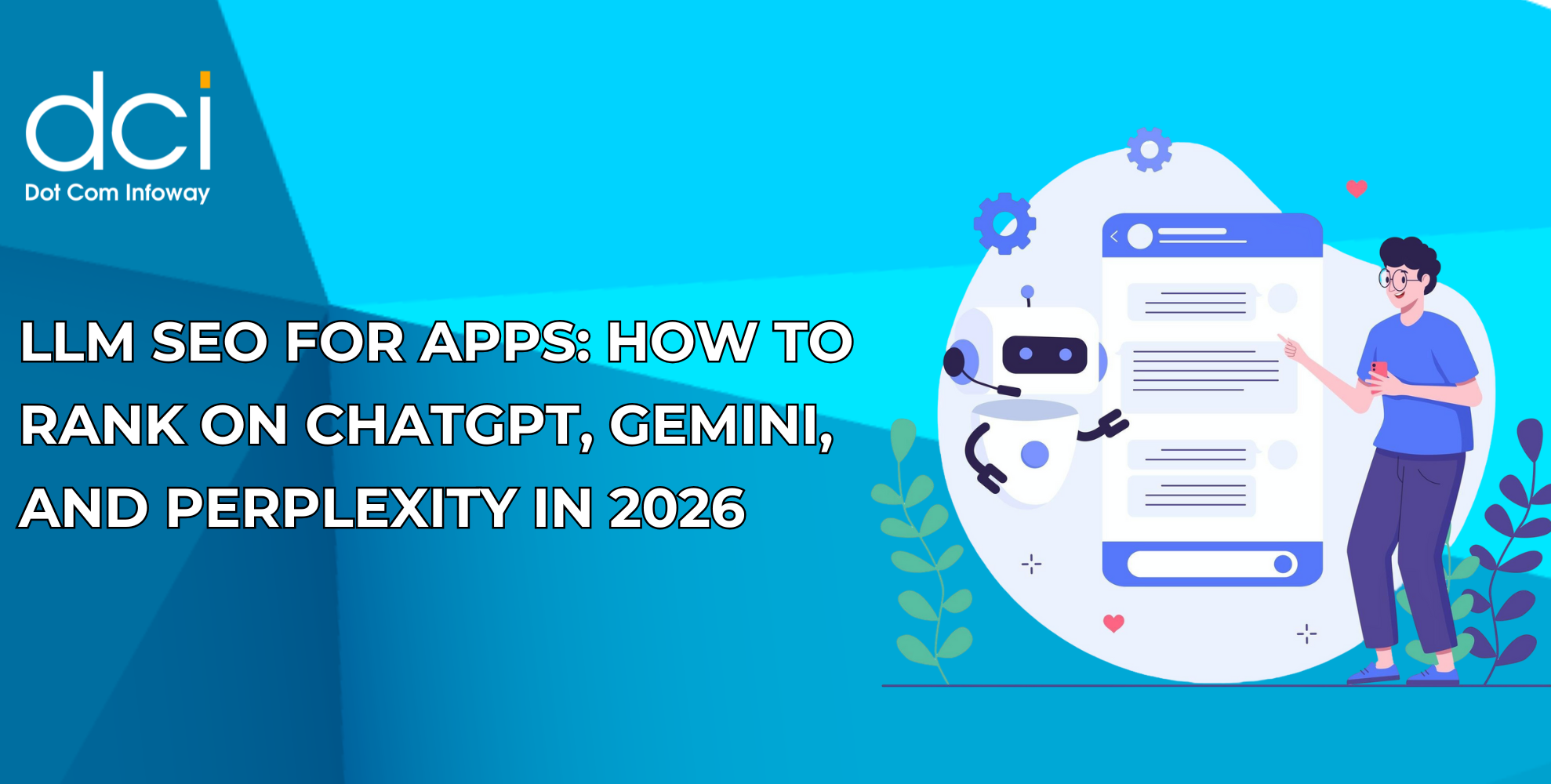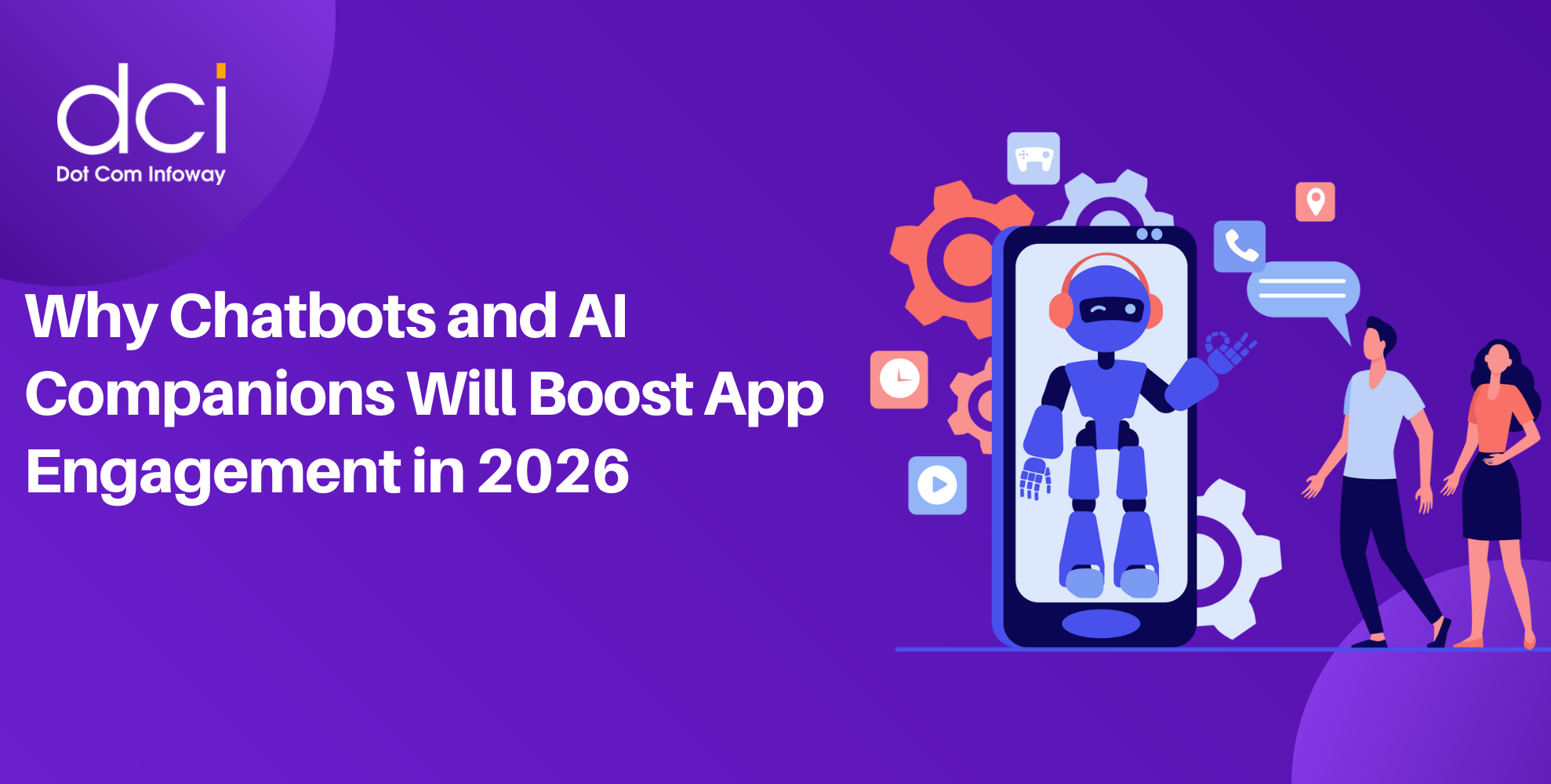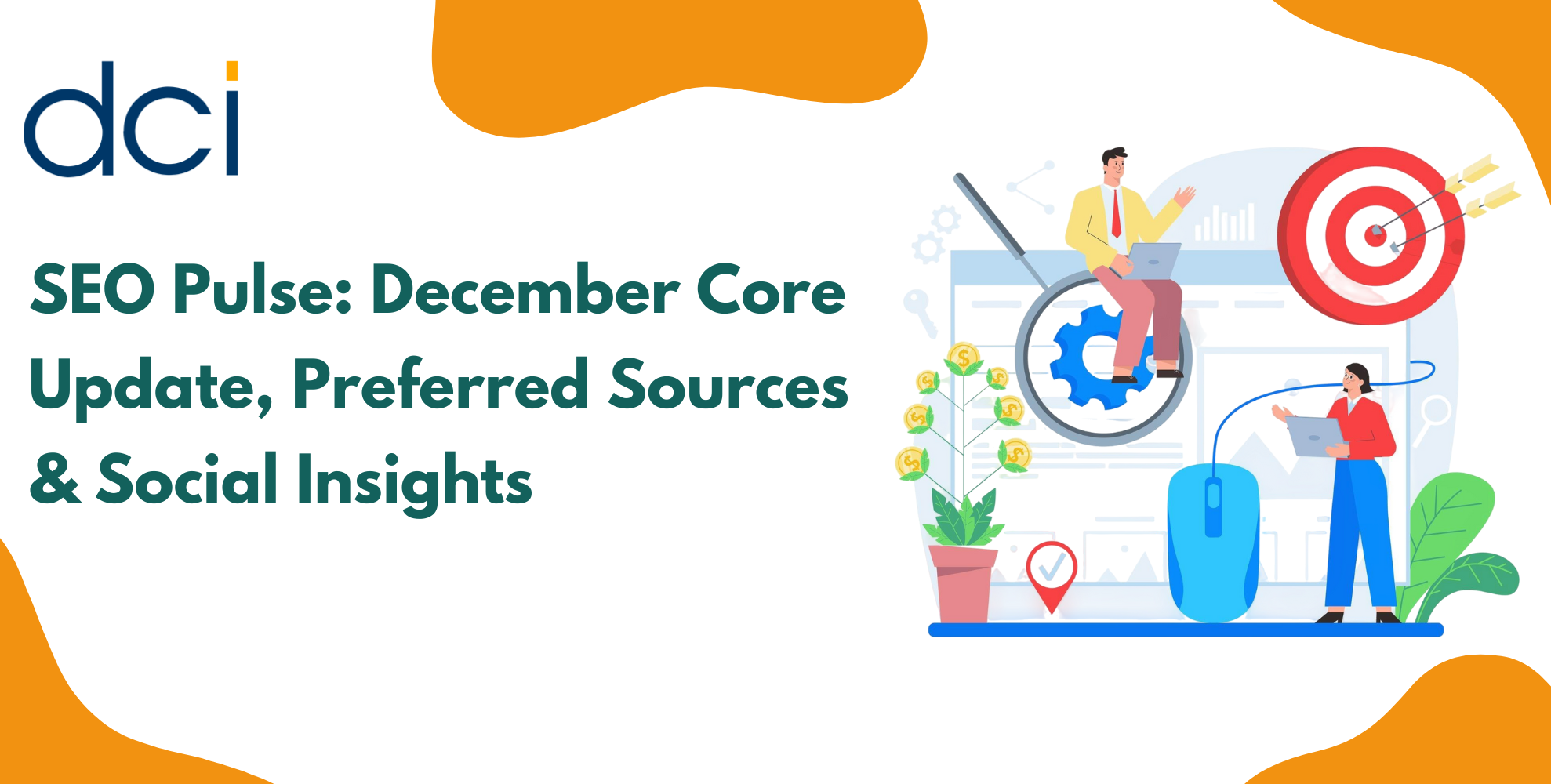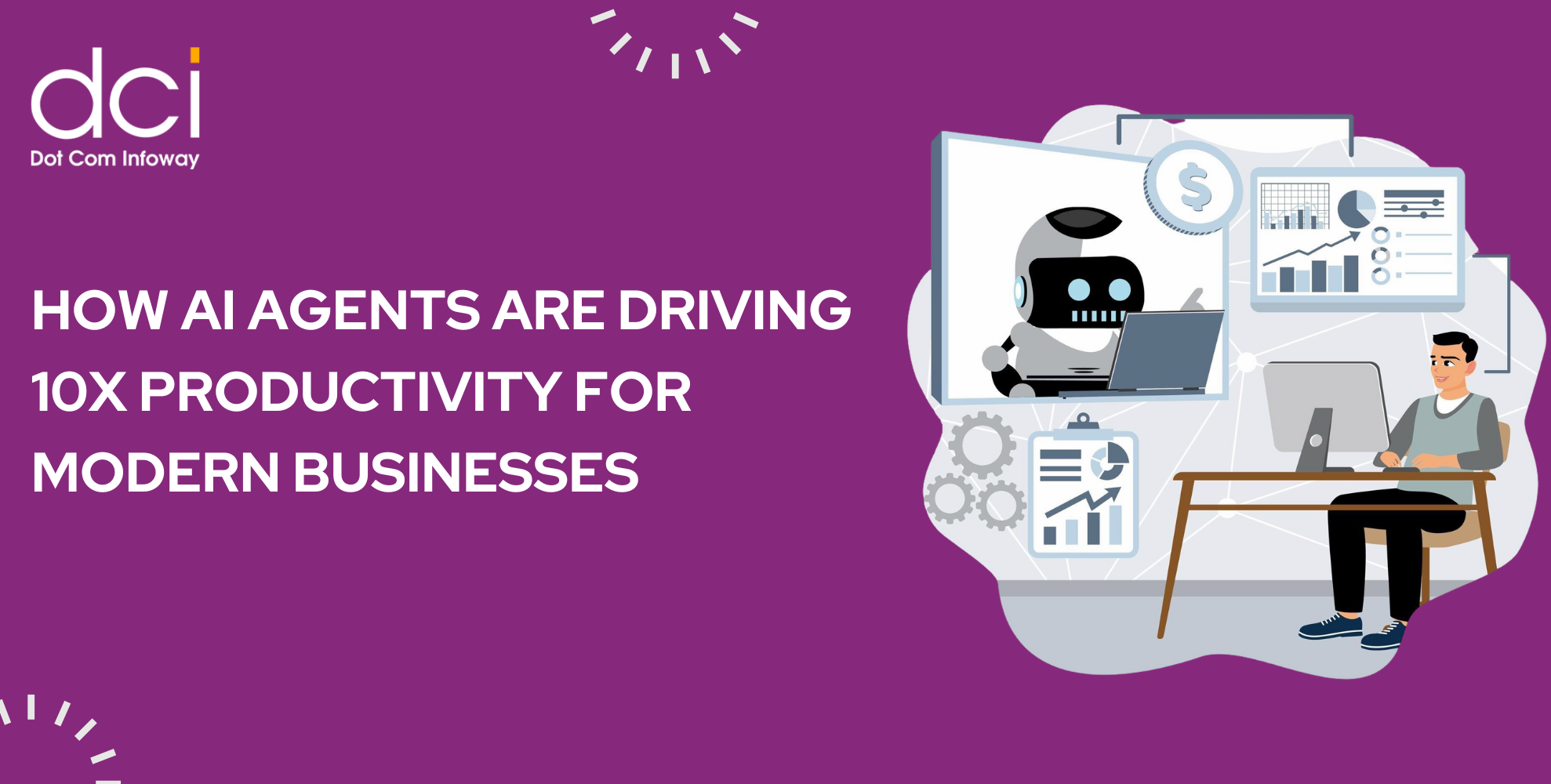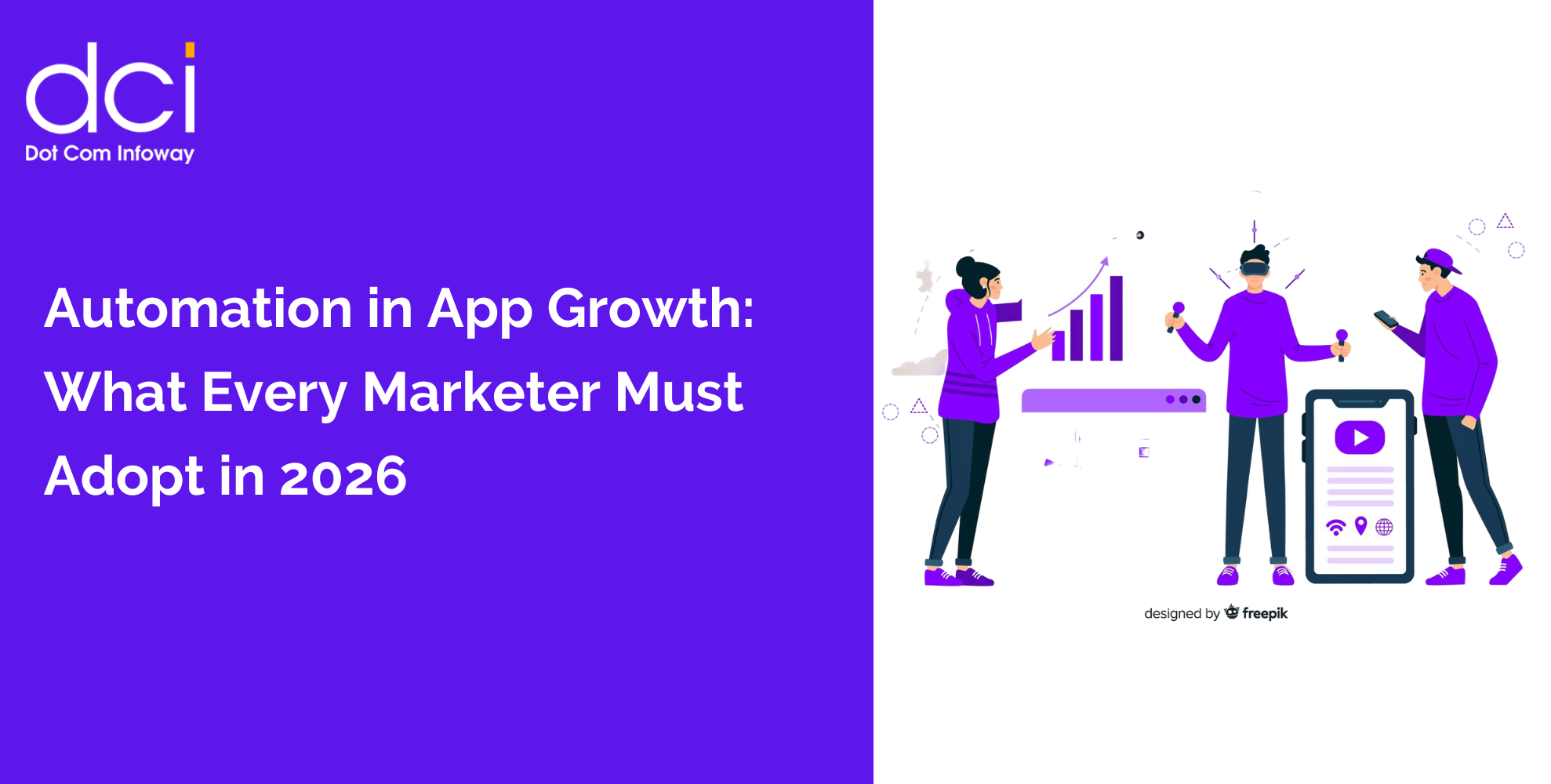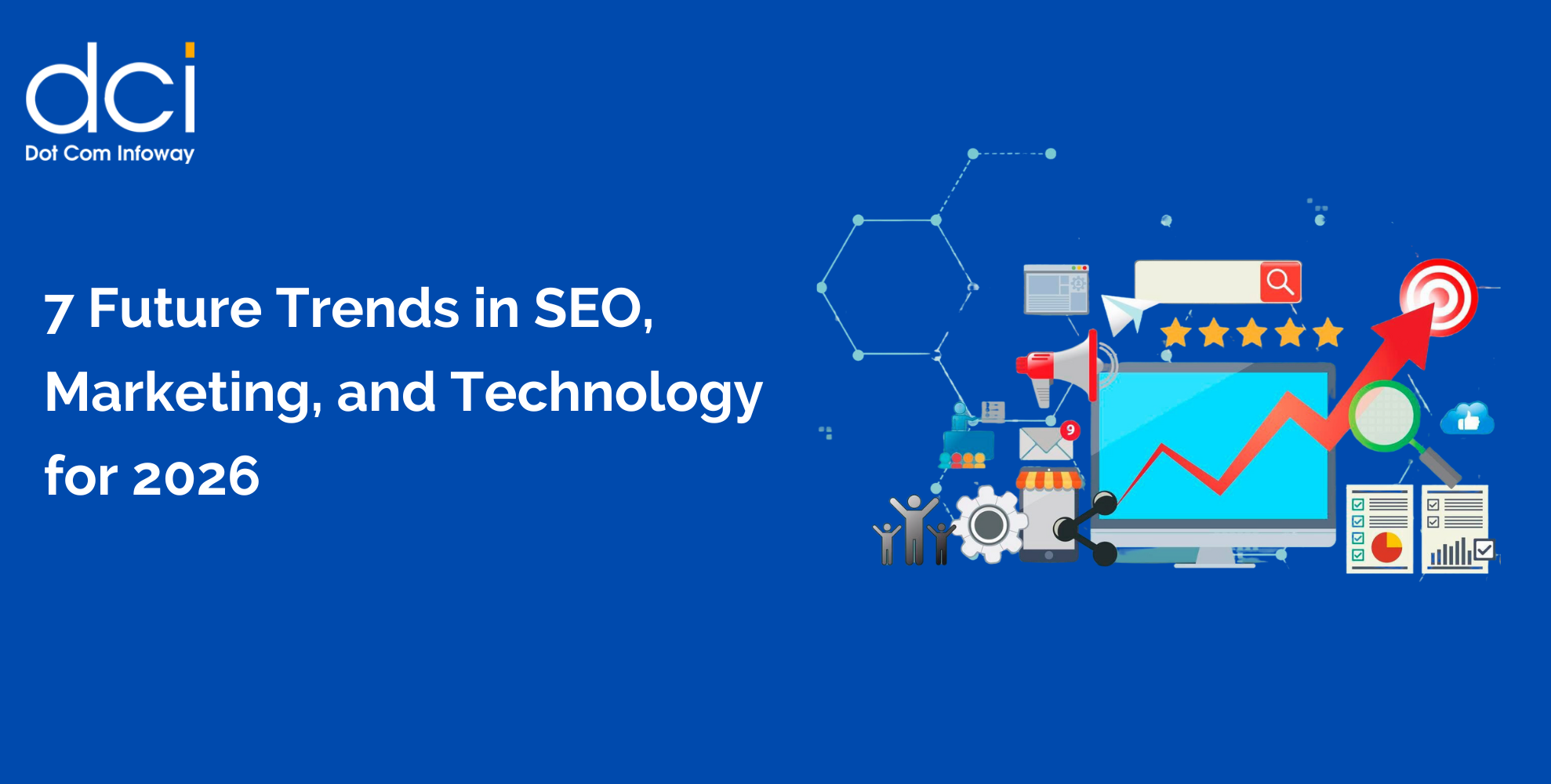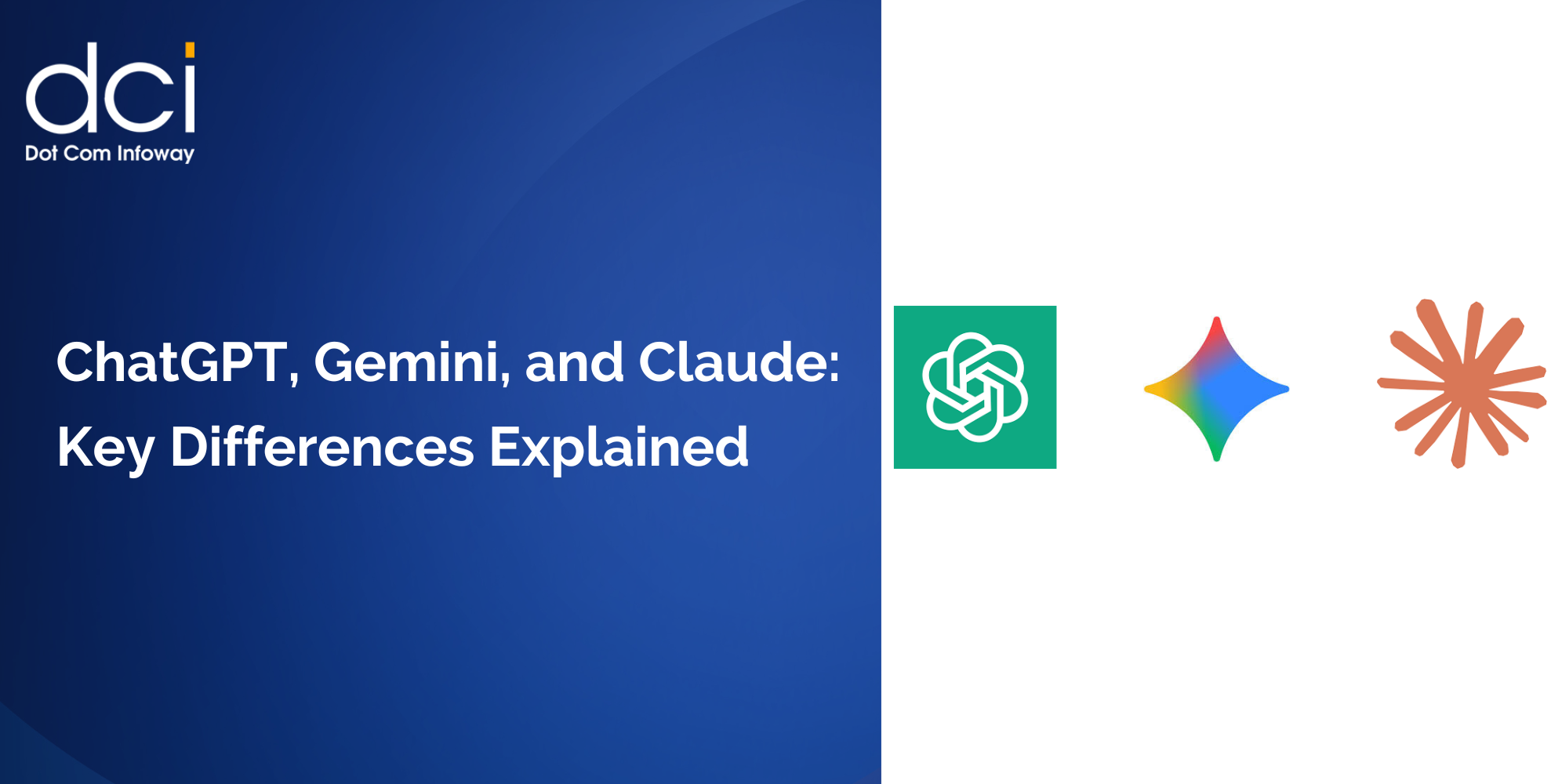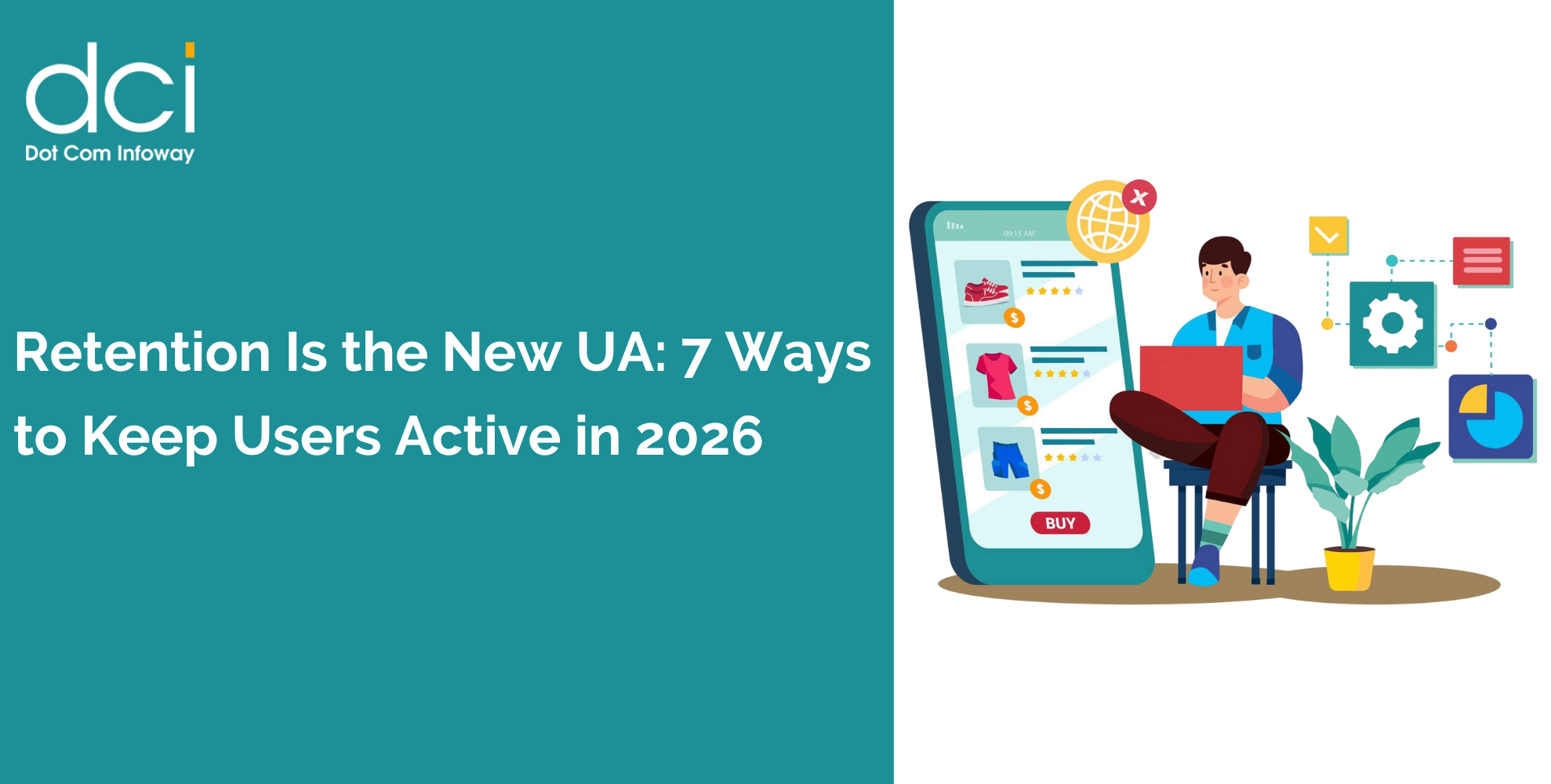What Are AI Agents and Why They Matter Now
AI agents represent a quantum leap from traditional automation. Unlike basic chatbots that follow scripts, these sophisticated systems operate independently, making real-time decisions based on data analysis, customer behavior, and business objectives.
The key differentiators of modern AI agents include:
• Autonomous decision-making without constant human intervention
• Continuous learning from every customer interaction
• Multi-channel coordination across email, social media, and phone
• Real-time adaptation to changing market conditions
“AI agents are self-learning, goal-driven entities capable of independently executing complex tasks, analyzing patterns at scale, and making decisions that directly influence business outcomes,” according to recent McKinsey research.
This evolution has been driven by the convergence of advanced large language models (LLMs), multimodal data integration, and agentic frameworks that enable AI-to-AI collaboration with minimal human oversight.
AI Agents Transforming Sales Operations
The Numbers Don’t Lie
The impact of AI agents on sales performance is measurable and significant. A comprehensive HubSpot survey revealed that 75% of salespeople report that AI integrations help them drive conversions and growth. Even more impressive, LinkedIn research shows 69% of sellers experienced sales cycle reductions of one week or more after implementing AI agent workflows.
McKinsey’s latest analysis predicts that companies leveraging autonomous AI sales workflows will experience up to 40% faster deal cycles and 50% higher lead-to-customer conversion rates compared to traditional approaches.
The Five-Agent Sales Ecosystem
Leading organizations deploy specialized AI agents working in concert:
Orchestration Agents break down high-level revenue goals into executable workflows, coordinating activities across teams and systems. These strategic agents ensure alignment between sales activities and business objectives.
Lead Generation Agents identify prospects using first-party and third-party data signals, historical performance metrics, and real-time market indicators. They determine optimal timing and channels for initial outreach.
Qualification Agents engage prospects through intelligent conversations, assess fit and buying intent, and prioritize opportunities based on likelihood to convert. They operate continuously, ensuring no qualified lead goes unattended.
Deal Conversion Agents craft personalized proposals, handle pricing negotiations within predetermined parameters, and coordinate with legal and finance teams to accelerate closure.
Customer Success Agents monitor post-sale adoption, identify expansion opportunities, and proactively address potential churn risks using real-time usage analytics.
24/7 Response Capability Drives Results
Speed matters in sales. Research indicates that 40% of customers expect responses within one hour, and nearly 80% within 24 hours. AI agents eliminate this challenge entirely, operating around the clock without fatigue.
These systems instantly respond to inbound inquiries, qualify prospects through intelligent conversations, and route high-priority opportunities to human salespeople when appropriate. The result? No more missed opportunities due to timing or availability constraints.
Marketing Revolution Through AI Agents
Real-Time Personalization at Scale
Traditional marketing automation relies on static segmentation and predetermined workflows. AI agents revolutionize this approach by delivering dynamic, 1:1 personalization based on real-time behavior analysis.
These intelligent systems continuously analyze customer interactions, purchase history, website behavior, and engagement patterns to craft hyper-personalized messaging. Every email, social media interaction, and content recommendation is tailored specifically to the individual recipient’s current interests and buying stage.
Performance Metrics That Matter
The efficiency gains from marketing AI agents are substantial:
• 3x faster task execution compared to human teams
• Up to 40% reduction in marketing operational costs
• 4-7x higher engagement rates on personalized campaigns
• Continuous optimization without manual intervention
“AI agents can perform marketing tasks three times faster than human teams while cutting operational costs by up to 40%, ensuring continuous customer engagement,” reports a recent industry analysis.
Autonomous Campaign Management
Instead of requiring constant manual oversight, AI agents autonomously manage entire campaign lifecycles. They analyze performance data in real-time, adjust targeting parameters, modify creative elements, and reallocate budget to optimize results continuously.
This autonomous operation extends to content creation, where AI agents generate personalized email sequences, social media posts, and landing page variations based on audience preferences and performance data.
Market Adoption and Growth Trajectory
The adoption of AI agents is accelerating rapidly across industries. A January 2025 Gartner poll revealed that nearly 20% of organizations have made significant investments in agentic AI, with an additional 42% making initial strategic moves.
More broadly, Gartner’s 2025 enterprise report found that over 65% of sales teams now deploy AI-driven agents for prospecting and qualification activities.
The market opportunity reflects this rapid adoption. The global AI agent market is projected to grow from $5.1 billion in 2024 to $47.1 billion by 2030, representing a compound annual growth rate of 44.8%.
Industry-Specific Applications
Different sectors are leveraging AI agents in unique ways:
E-commerce companies use agents for personalized product recommendations, abandoned cart recovery, and dynamic pricing optimization.
SaaS businesses deploy agents for lead scoring, trial-to-paid conversions, and customer onboarding automation.
Financial services leverage agents for client prospecting, compliance monitoring, and personalized financial planning recommendations.

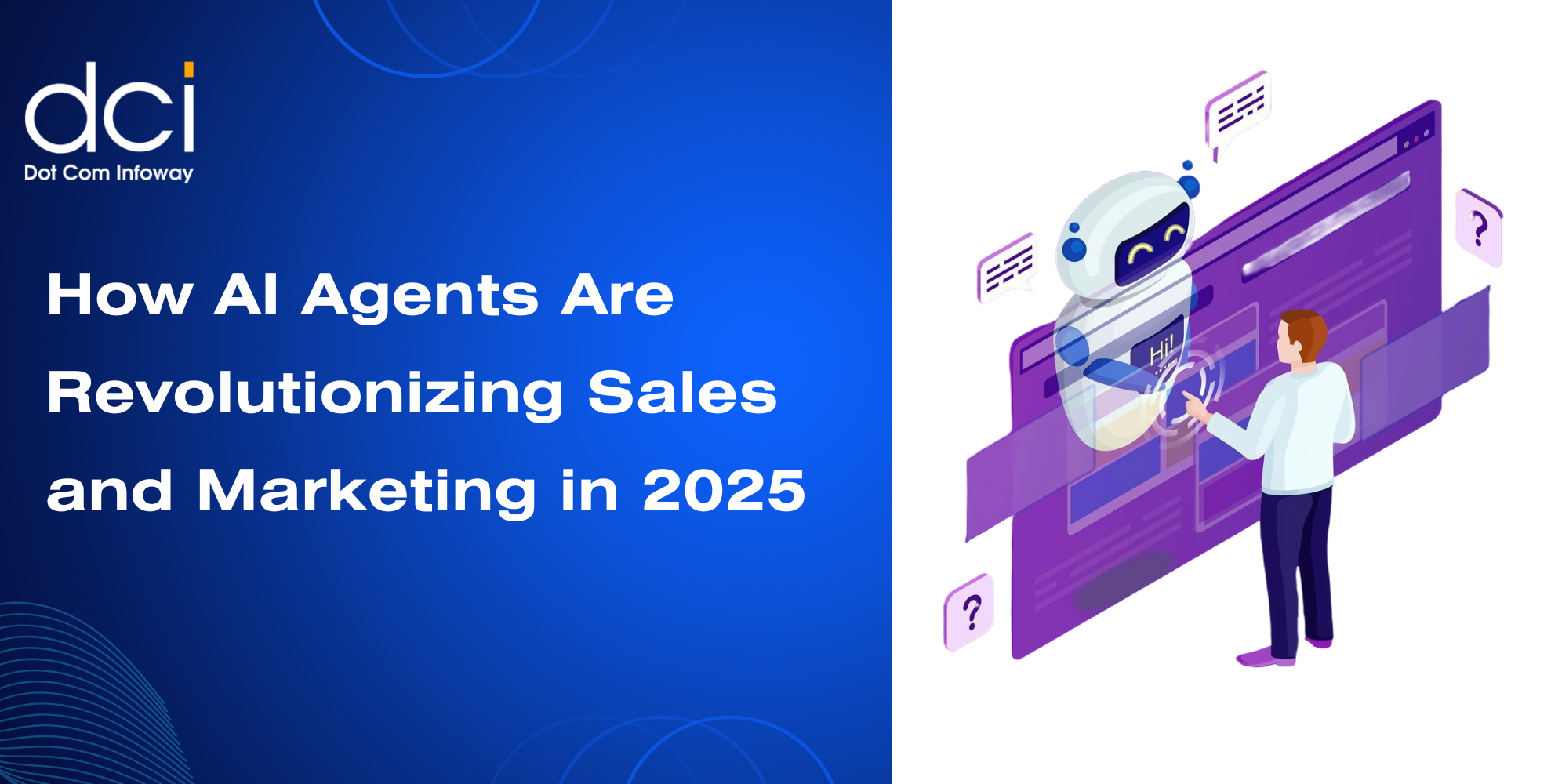
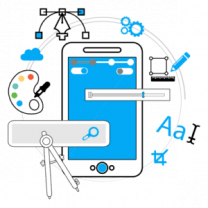




![The Game Marketing Guide: Pre and Post-Launch Strategies [Infographic]](https://www.dotcominfoway.com/wp-content/uploads/2023/09/DCI-Game-Marketing-blog-1.jpg)
